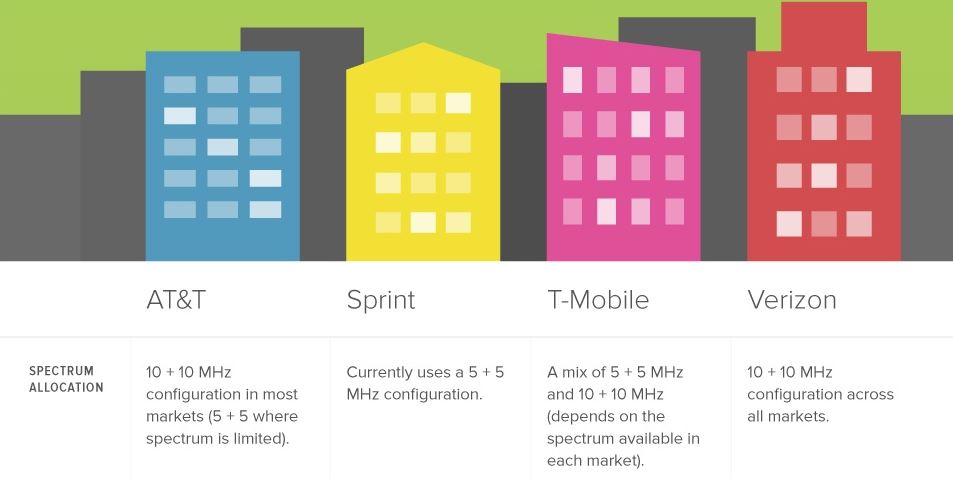Verizon, Ericsson and Qualcomm Planning to Share Spectrum

The three companies that are trying to broaden their network systems, which are now currently under the protection of the United States government, are presently conducting some field trials that will lead to an equal share spectrum. Verizon, Ericsson as well as Qualcomm are now planning to conduct some tests on large sections of 3.5 GHz spectrums, otherwise used on military radar applications, with the three companies already filing the applications required by the FCC.
The plans were perfected after the FCC has announced the authorization of a new spectrum sharing plan, according to which the wireless broadband services would use up to 3.5 GHz band.
Verizon, one of the most important mobile carriers in the United States, thinks that the spectrum will have a great importance in providing wireless connectivity in the most crowded areas of a city, such as airports, stadiums, supermarkets, college campuses and many.
More than that, the director of Verizon federal government affairs Patrick Welsh, stated on the Verizon`s blog that the company would be working with Ericsson, at its plant in Plano, with share spectrum tests to be conducted.
These tests will show if the Verizon`s LTE network comply with the ASA/LSA technologies, without interfering with the government secret operations.
What is also interesting, is that the odds are quite against the Verizon carrier, since the company was accused in the past of using spectrum, with the sole purpose of eliminating its competitors, which were also trying to get a share spectrum of themselves.
T-Mobile, which is also an important mobile carrier in the United States, is also in the plans of expanding its wireless network capacity, but does not agree with the Verizon`s intentions of getting its own share spectrum.
The reason is quite easy, as it also ironically stated by the carrier: “To foreclose the possibility that this spectrum could be acquired by smaller competitors who would use it more quickly, more intensively, and more efficiently than Verizon Wireless.”







User forum
0 messages